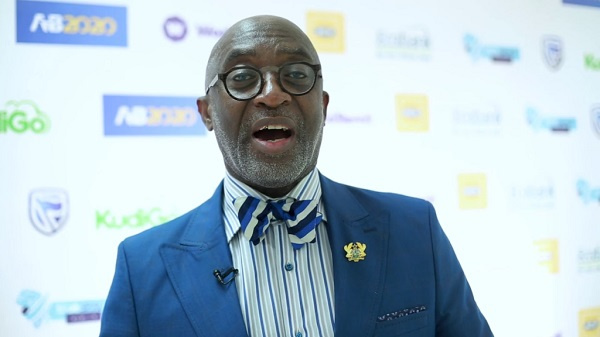Taxes have gone down because a lot of companies were grounded due to the coronavirus pandemic, Mr Yofi Grant, Chief Executive Officer of the Ghana Investment Promotion Centre (GIPC), has said.
He also noted that the coronavirus pandemic has impacted negatively on investments flow.
This means, he said, the government may have to resort to other sources of revenue to make up for the drop in Foreign Direct investments, (FDIs), caused by the pandemic.
According to him, the agency will not be able to meet its FDI target for the year under review.
“The United Nations Commission for Trade and Development (UNCTAD) has predicted that foreign direct investments will shrink up to about 40%, and if we don’t find any solution to COVID-19 in the second half of the year, it could even be more drastic.
“What that means is that, we were going to be challenged for foreign direct investments with some of the investors that we were looking at before in areas that we hadn’t predetermined and defined a closed deal.”
“Perhaps, we would have to look at other sources for revenue to develop. Government’s revenue port is taxes, borrowing and investments.
“Now one side is frozen. We can’t also forever be borrowing because we have to demonstrate that we can pay back and we can pay back by growth in the economy.
“That in itself has declined so going for more debt is going to be a challenge, unless we can go for it under terms we can manage. Taxes have also gone down because companies were not working. Investments are also looking different,” he told Citi TV.
He added : “At GIPC, one of our recommendations is to look at the incentive regime differently. Unlike before where we give incentives to certain sectors, we are now looking at giving incentives to foreign direct investments that partners with Ghanaians. I think it is good enough to also enable Ghanaians to get to that level.”
“We are also looking at major reforms to reduce some of the barriers to entry to even make us more attractive. Government’s view is that, going forward, we should even further strengthen our infrastructure.
“That is why we have an aggressive rail program to enable faster and more efficient movement of goods and services. Then, we are looking at how we can work on the housing problem,” he said.










Discussion about this post